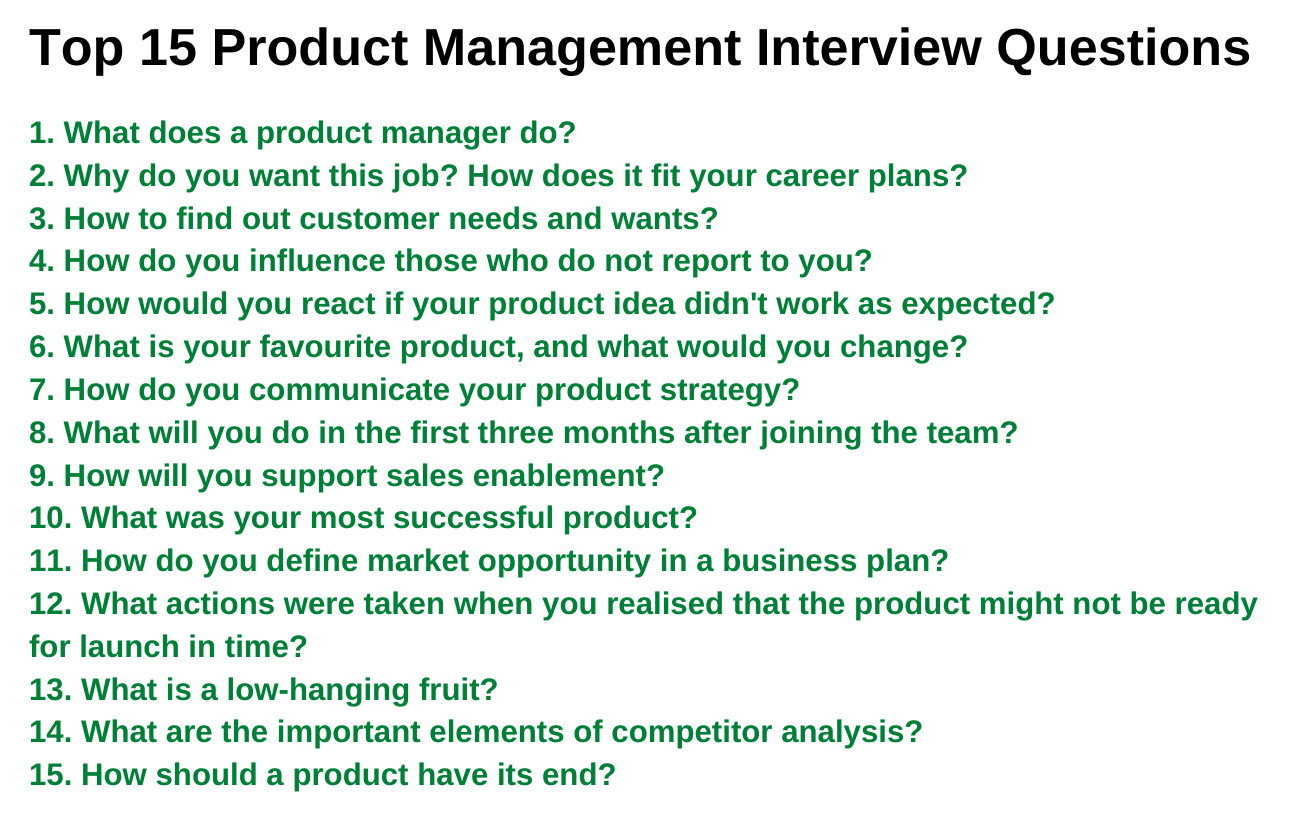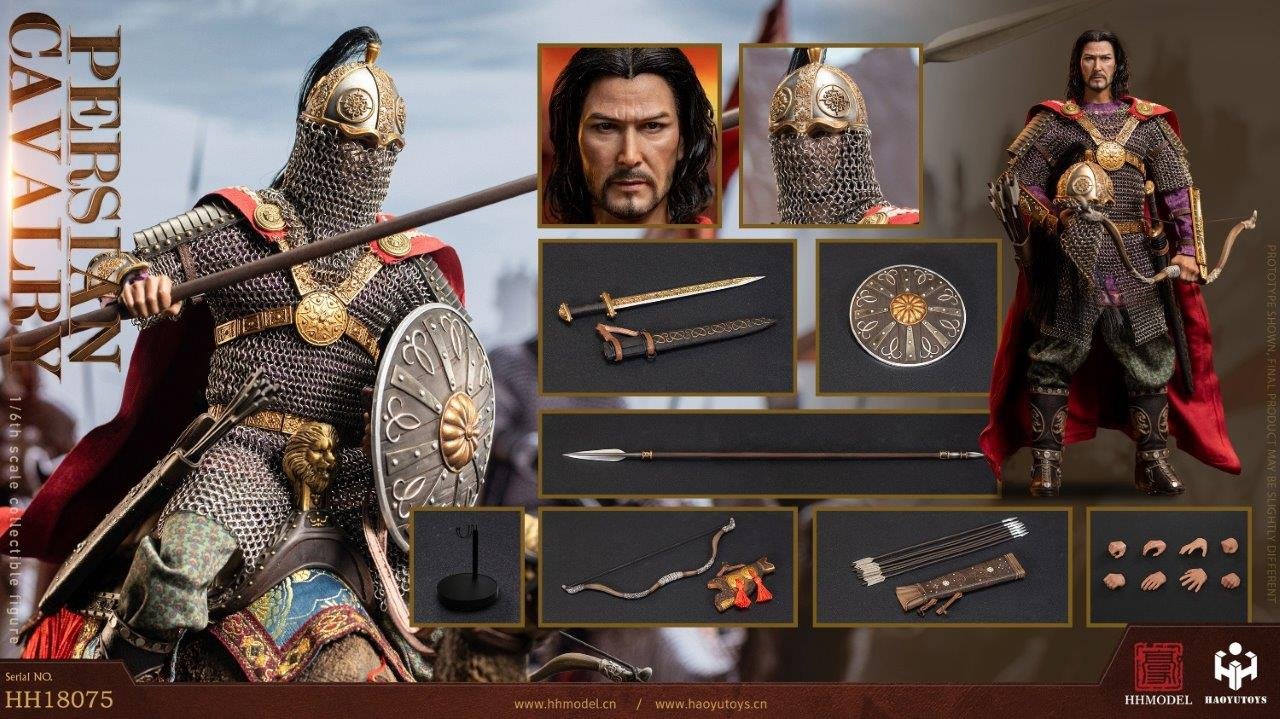Introduction
Finding the right words in an interview can feel hard. This guide will help. It covers common product manager interview questions. It shows clear ways to answer. It gives examples and simple frameworks you can use. Each idea uses plain language and short steps. You will see real tips that hiring teams value. The guide stays practical. It focuses on how to show thinking, not memorize lines. Read it slowly and try the sample answers aloud. Practice makes answers feel natural. By the end you will feel calmer and more ready for the interview.
Why this guide matters
A lot of product roles mix tech, design, and people skills. Interviews test many small skills at once. This guide helps you spot those skills. You will learn how to show clear thinking. You will also learn what hiring teams want to hear. The aim is to make you sound honest and useful. I include examples and short frameworks you can use. These work even if you are new to product management. The guide is made to be easy to read and to use. Keep it as your go-to checklist before interviews.
How product interviews usually work
Most interviews have stages. First is the phone screen. Next comes a product or onsite interview. You may face case study or live task rounds. Each round tests a different skill. Screeners check goals and cultural fit. Product rounds test product sense. Engineering rounds touch on technical depth. Hiring teams look for clear trade-offs and simple logic. They want short, concrete answers. They also look at how you learn from data and users. Treat each round as a chance to show one main skill. Be calm, ask quick clarifying questions, and speak plainly.
Common behavioral product manager interview questions
Behavioral questions test how you act in real work. They often start with “Tell me about a time…” or “Give an example when…” Use STAR: Situation, Task, Action, Result. Keep stories short and concrete. Focus on your role and choices. Say what you did and why. Always add a short takeaway. Examples include: handling a missed deadline, resolving a conflict, or leading a feature launch. Practice two strong stories for each skill: leadership, teamwork, and delivery. These stories will help answer many product manager interview questions with confidence.
Product sense and design questions
Product sense checks how you think about users and value. You may get prompts like “Improve X app” or “Design a feature for Y.” Start by defining the user and their goal. Ask quick clarifying questions. State the main success metric next. Sketch a simple solution with one core idea. Explain a key trade-off you chose. Finish with how you would measure success. Simple user examples help. Concrete numbers make answers stronger. These steps help you answer product manager interview questions about design and product sense clearly.
Technical and analytics questions
Product managers must read data and talk with engineers. You may face analytics problems or simple coding talk. Questions might ask you to pick metrics, interpret a chart, or explain a technical trade-off. When asked, name one clean metric and why it matters. Say how you would track it. For tech questions, explain at a high level. Avoid deep code unless asked. Show you can translate tech into product impact. Use concrete examples like A/B tests or funnels. These points will help you handle product manager interview questions on analytics and tech.
Strategy and roadmap questions
Strategy questions ask how you set a long plan. You may get prompts like “Where should we invest next year?” Start by listing user problems and market signals. Prioritize with clear criteria: impact, effort, and risk. Say which items rise to the top and why. Explain what you would build now and what you would test first. Show how you would sequence work on the roadmap. Mention how you will check results and shift plans. This structured approach helps you answer product manager interview questions about strategy with calm and logic.
Prioritization and trade-off questions
Prioritization is a core PM skill. You might be asked to choose between three features. Make a simple matrix. Score each idea on impact and complexity. Explain assumptions you used. Be honest about unknowns. Say which risks you would reduce first. Show how the team can move fast and learn. Offer a short pilot or experiment. Given the steps, pick one idea and explain a fallback plan. This clear method helps you handle product manager interview questions about trade-offs and priorities.
Cross-functional and stakeholder questions
Product managers work with many teams. Interviewers ask how you influence without formal power. Use brief examples of alignment. Show how you set clear goals and shared metrics. Explain how you run meetings and document decisions. Share a short example where you opened a tough conversation. Show how you used data or user stories to align the team. Mention how you follow up to keep momentum. These ideas help you answer product manager interview questions about stakeholders and teamwork.
Case study and whiteboard questions
Case studies test live thinking. You will have to structure the answer in real time. Start with a short plan and share it. Break the task into clear steps. Ask a few fast clarifying questions. Focus on the most important user problem first. Draw a simple roadmap or flow on the whiteboard. Use timeboxing: say what you will cover in the minutes given. End with how you will measure success. Practiced structure helps you stay calm in these live sessions and answer product manager interview questions cleanly.
Practical tips to answer product manager interview questions
Keep answers short and structured. Use simple frameworks like STAR, CIRCLES, or RICE. Speak in plain terms and avoid jargon. Tell one clear story per question. Use metrics and outcomes where possible. Repeat the question in your own words to show you heard it. Ask one clarifying question when needed. Pause before you answer to gather thoughts. Use a pen and sketch if allowed. These small habits make answers sharp and show you can lead clarity in product conversations.
How to practice and prepare
Practice out loud and time your answers. Record a mock interview if you can. Use common prompts and cycle through them weekly. Get feedback from peers or mentors. Split prep into themes: behavioral, product sense, analytics, and strategy. Make short bullet sheets for each theme. Do low-fidelity mock case studies at home on paper. Read up on the product and recent launches of the company. Study their metrics and competitors. Good practice helps you feel less nervous and more thoughtful in real interviews.
Example answers and proven frameworks
A few frameworks help give neat answers fast. STAR works for behavior stories. CIRCLES helps product sense: Comprehend, Identify, Report, Cut, List, Execute, Summarize. RICE helps prioritization: Reach, Impact, Confidence, Effort. For analytics, use AARRR or funnel metrics. For strategy, use SWOT or market sizing at a simple level. Use the frameworks as scaffolds, not scripts. Show your reasoning with small numbers and tests. Practice short examples with these frameworks to answer product manager interview questions smoothly in any round.
How hiring teams score answers
Interviewers look for clear thinking and decisions. They value structure over polish. They look for user focus and measurable impact. They want to see trade-offs and risk control. They also watch communication and collaboration skills. A good answer shows a clear goal, a plan, and a measurement method. Weak answers jump around or avoid trade-offs. Show both reasoning and humility. Admit unknowns and offer experiments. These traits make many hiring teams rank answers higher for product manager interview questions.
Common mistakes to avoid
Don’t ramble or give vague answers. Avoid saying you did everything. Don’t skip metrics or success signs. Avoid answering only from a developer or designer view. Skip long technical tangents unless asked. Do not overuse buzzwords. Avoid treating the interviewer like a customer. Also do not forget to ask clarifying questions. These common traps can make strong candidates seem unfocused in product manager interview questions.
Final checklist before your interview
Make a short prep sheet with three stories and two frameworks. Jot down one or two metrics for each story. Practice your elevator summary of past work. Check the job description and key products. Prepare one thoughtful question for the interviewer. Pack a pen and a paper for sketches. Rest well the night before and eat a light meal. Arrive early or log in five to ten minutes ahead. Use this checklist to be calm and confident when you face product manager interview questions.
Real example: framing a launch answer
Imagine you launched a new onboarding flow. Start by naming the user and the problem. Say the metric you wanted to improve. Describe one key change you made. Explain a simple result with numbers. Share a learning and the next step you planned. For example, say onboarding time dropped and activation rose ten percent. Then say you tested a smaller variant to confirm. This short format gives a clear story. It helps you answer product manager interview questions with facts and learning.
Real example: handling a cross-team conflict
Think of a time when design and engineering disagreed on scope. State the conflict simply. Explain your role as a facilitator. Describe one action you took. Maybe you ran a quick user test to get data. Share the result and the outcome. Show how you set a follow-up plan and kept metrics. This kind of story shows practical leadership. It answers product manager interview questions about conflict and alignment in a clear way.
How to show product metrics without a data job
If you lack formal analytics, show user-focused metrics. Name simple KPIs like activation, retention, or task completion. Explain how you tracked them with surveys or simple logs. Give a result like “signup success rose 8%.” Explain how that supported a product decision. If you used third-party tools, name them. If not, say how you used spreadsheets. This honest approach answers product manager interview questions about metrics even for non-analytics roles.
Questions to ask interviewers that show depth
Ask about the biggest product risk right now. Ask which customer segment drives growth. Ask how success is measured in the first 90 days. Ask what recent experiments the team ran and why. These questions show you care about outcomes, not features. They also help you learn if the role fits you. Good questions also create a two-way interview vibe. Use one or two of these to finish strong and show insight during product manager interview questions.
How to tailor answers to startups vs big companies
Startups often value speed and many hats. Show how you move fast and learn. Big companies value influence and scale. Show how you work with stakeholders and measure long-term impact. In both cases, pick examples that match the company size. Use a startup story for small company roles. Use scaled metrics and governance examples for large firms. This tailoring helps you hit the right tone when answering product manager interview questions for different companies.
Short scripts for tough prompts
For a question you do not know, use a short frame: 1) Rephrase the ask, 2) State an assumption, 3) Offer a high-level plan, 4) List two experiments. This short script buys time and shows structure. For tricky trade-offs, say your main metric and one fallback. For tech gaps, name a measurement or document you would create. These mini-scripts help you stay composed while answering product manager interview questions under pressure.
Building a practice plan in four weeks
Week one: gather stories and pick metrics. Week two: practice behavioral answers and timing. Week three: do three mock cases and refine frameworks. Week four: polish questions for the interviewer and review company materials. Do short daily practice sessions. Record your answers and reflect on clarity. Use peers for feedback when possible. This simple plan helps you improve steadily and tackle a range of product manager interview questions.
Frequently Asked Questions
Q1: What are the top product manager interview questions I should prepare?
Top prompts include behavioral questions like “Tell me about a time you failed.” They include product sense tasks such as “Design X for Y users.” They include prioritization prompts and metrics questions. You should practice technical and analytics problems too. Prepare short, clear stories and one proof metric for each. Practice frameworks like STAR, CIRCLES, and RICE. These help you answer product manager interview questions in a neat way. Keep answers focused and include a learning at the end.
Q2: How long should my answers be in interviews?
Aim for one to two minutes for most answers. Use three parts: quick setup, main action or idea, and outcome or lesson. For case tasks, speak longer but stay structured. Use pen and paper to sketch ideas quickly. Timebox your thinking to show focus. Short, clear answers help interviewers follow your logic. This makes your product manager interview questions easier to score.
Q3: How many stories should I have ready?
Prepare three strong stories for leadership, delivery, and user focus. Add two backup stories for conflict and innovation. Each story should include a metric and a clear lesson. Rehearse them so you can adapt details to different prompts. Having this small set lets you answer most behavioral product manager interview questions smoothly without sounding scripted.
Q4: Should I memorize answers to common product manager interview questions?
Do not memorize word-for-word scripts. Learn frameworks and bullet points instead. Practice to get crisp, but keep room to adapt. Interviewers see rehearsed lines quickly. Use notes to shape answers, but speak naturally. Focus on clear thinking over perfect phrasing. This balance helps your answers feel honest and human.
Q5: How do I handle a question I truly do not know?
Be honest and structured. Rephrase the question to confirm. State one assumption you would make. Offer a quick high-level plan and one experiment to learn fast. Say what you would measure. This shows you think like a product manager even without perfect knowledge. Interviewers prefer structured honesty over bluffing in product manager interview questions.
Q6: How can I show leadership without the title?
Talk about influence, not title. Describe how you aligned a team or drove a decision. Show how you used data or user insight to sway others. Share steps you took to follow up and measure results. Small wins count as leadership. These stories answer product manager interview questions about leadership clearly and convincingly.
Conclusion
You can prepare well and still feel calm. Use short stories, clear metrics, and simple frameworks. Practice the product manager interview questions that matter most. Tailor answers to the company and role. Be honest about trade-offs and unknowns. Show curiosity and a test-first mindset. If you want, try a mock run now with one behavioral story and one case prompt. Share your answers and I can help tighten them. Good luck you can do this.









